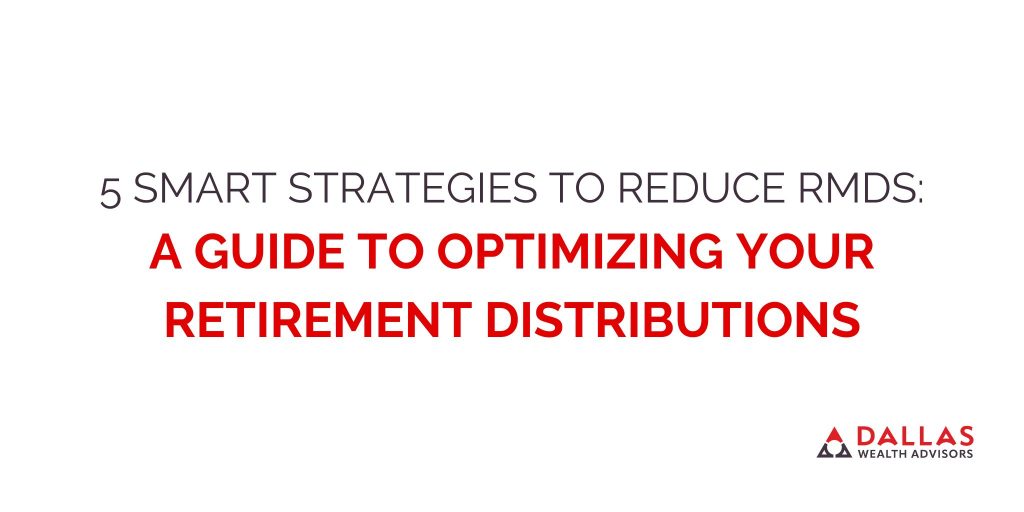As investors approach the age of 73, the IRS mandates that they initiate Required Minimum Distributions (RMDs) from their retirement accounts, irrespective of their financial needs. For those who have diligently saved and find themselves facing larger distributions than necessary, exploring strategies to mitigate this impact becomes crucial. In this guide, we’ll delve into five strategies to help investors efficiently reduce the burden of future required distributions.
Roth Conversions: A Tactical Tax Decision
When undertaking a Roth conversion, individuals consciously choose to pay taxes in the conversion year, transforming the funds into tax-free assets for qualified distributions. Importantly, Roth IRAs are exempt from RMD rules. This strategic decision becomes particularly prudent for those anticipating higher tax brackets and larger RMDs in the future, enabling them to pay taxes at a lower rate now and thereby reducing the lifetime tax cost associated with pre-tax retirement account funds.
Account for a Spousal Beneficiary 10 Years Younger: Leveraging Age Disparities
RMD calculations are typically based on an individual’s age using IRS divisor tables. However, if an individual’s spouse is 10 or more years younger and is the sole beneficiary, a special divisor table can be utilized. This table results in a smaller required distribution, calculated based on the younger spouse’s age, effectively reducing the impact of RMDs.
Utilize Net Unrealized Appreciation: Tax-Efficient Asset Distribution
Net Unrealized Appreciation (NUA) allows for the distribution of appreciated employer stock from a 401(k) into a taxable brokerage account. While the basis of the stock is taxed as income upon distribution, the appreciation is taxed as a long-term capital gain when the stock is sold. This not only provides tax efficiency but also reduces future RMDs, as the funds are no longer within a retirement account and are exempt from RMD calculations.
Make Qualified Charitable Distributions: Charitable Giving with Tax Benefits
For individuals aged 70.5 and above, Qualified Charitable Distributions (QCDs) allow direct donations from an IRA to a charity, excluding the amount from income. This approach ensures the tax benefits of charitable giving, regardless of itemizing deductions, and contributes towards meeting annual RMD requirements.
Roth Contributions: Get Ahead of the Game
Individuals who have begun to amass large amounts in pre-tax 401(k) and IRA accounts may consider funding retirement accounts via Roth contributions moving forward. 401(k)’s have no income limitation for Roth contributions and Roth IRA’s can be funded via a backdoor Roth contribution strategy for those eligible.
Navigating the complexities of RMDs requires strategic planning. Implementing these five strategies can empower investors to proactively manage their retirement accounts, minimize tax implications, and ensure a more financially secure future. Explore these tactics to optimize your retirement journey and make the most of your hard-earned savings.
Disclosure: This material is being provided for information purposes only and is not a complete description, nor is it a recommendation. Any information is not a complete summary or statement of all available data necessary for making an investment decision. Prior to making an investment decision, please consult with your financial advisor about your individual situation. Any opinions are those of the author and not necessarily those of Raymond James. The information has been obtained from sources considered to be reliable, but we do not guarantee that the foregoing material is accurate or complete. Expressions of opinion are as of this date and are subject to change without notice. Investing involves risk and you may incur a profit or loss regardless of strategy selected. Neither Raymond James Financial Services nor any Raymond James Financial Advisor renders advice on tax or legal issues, these matters should be discussed with the appropriate professional.




